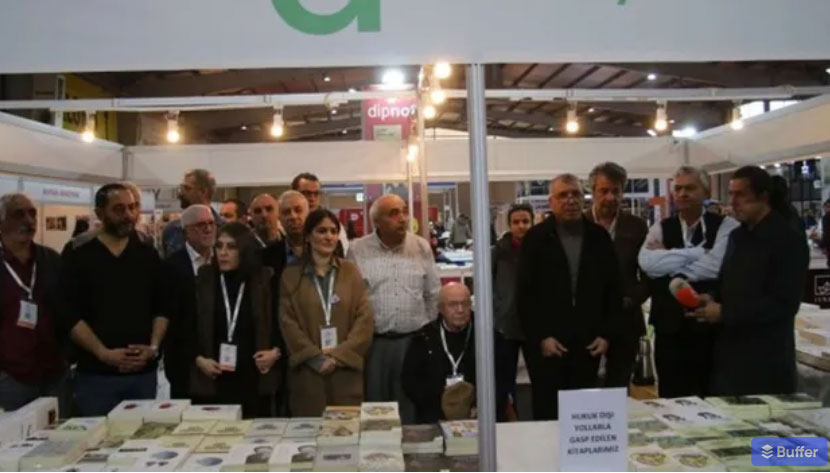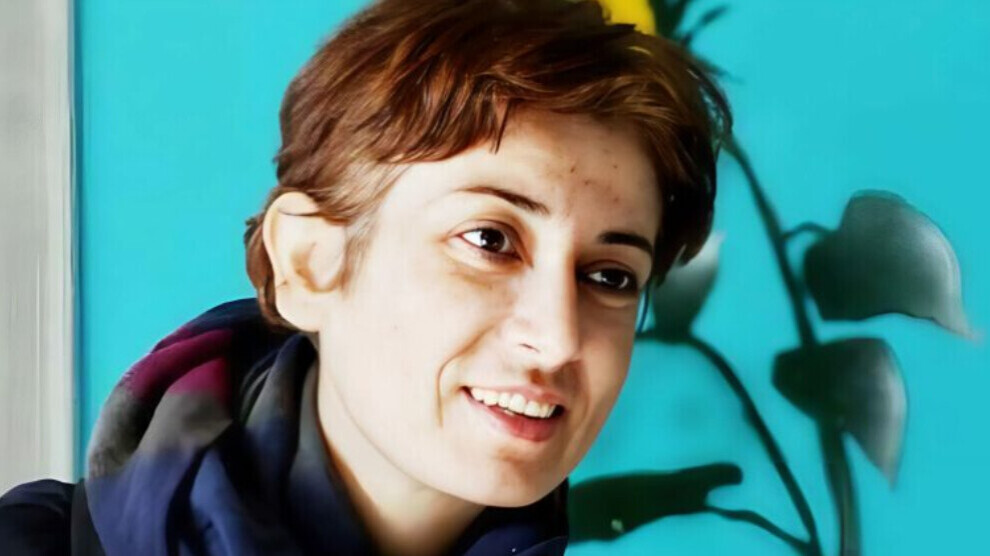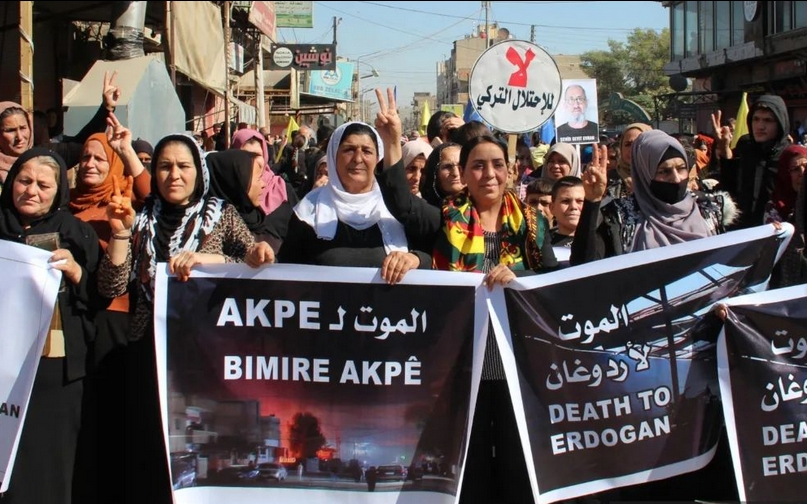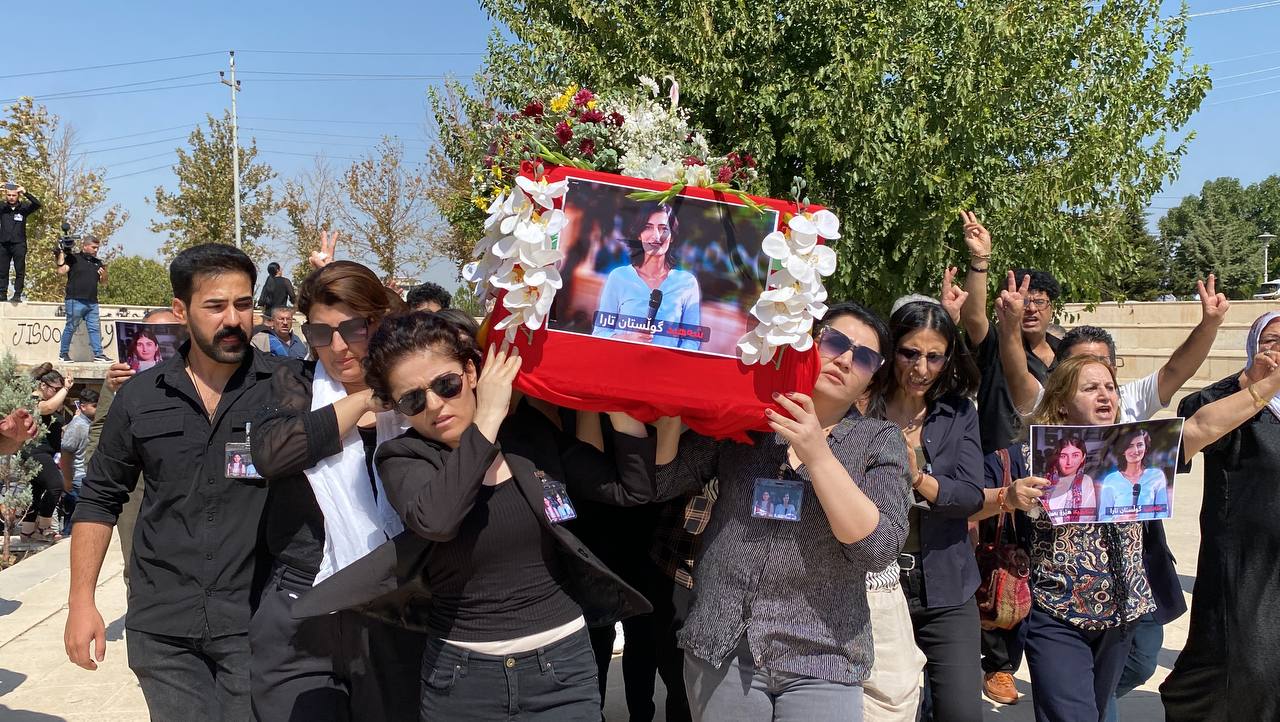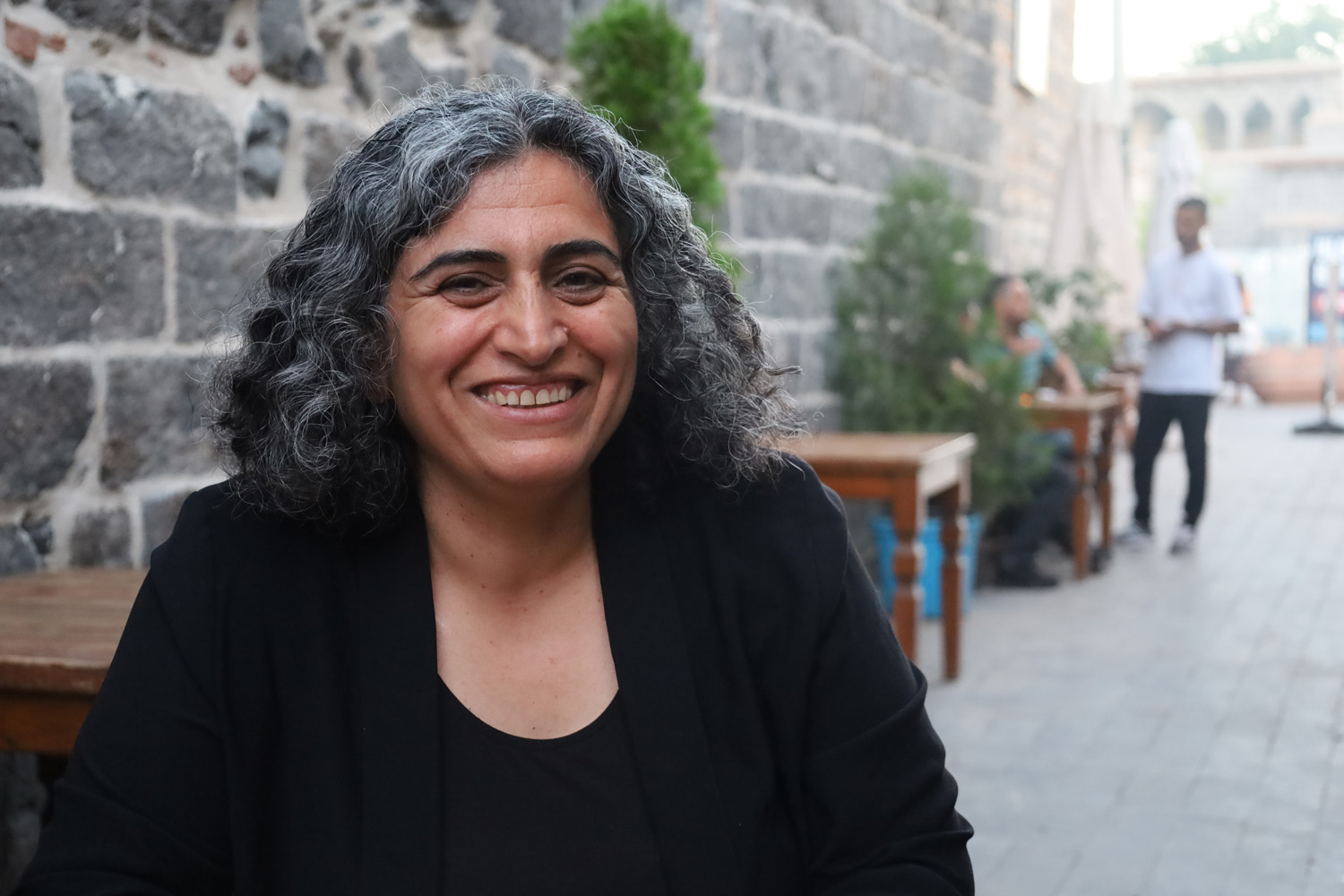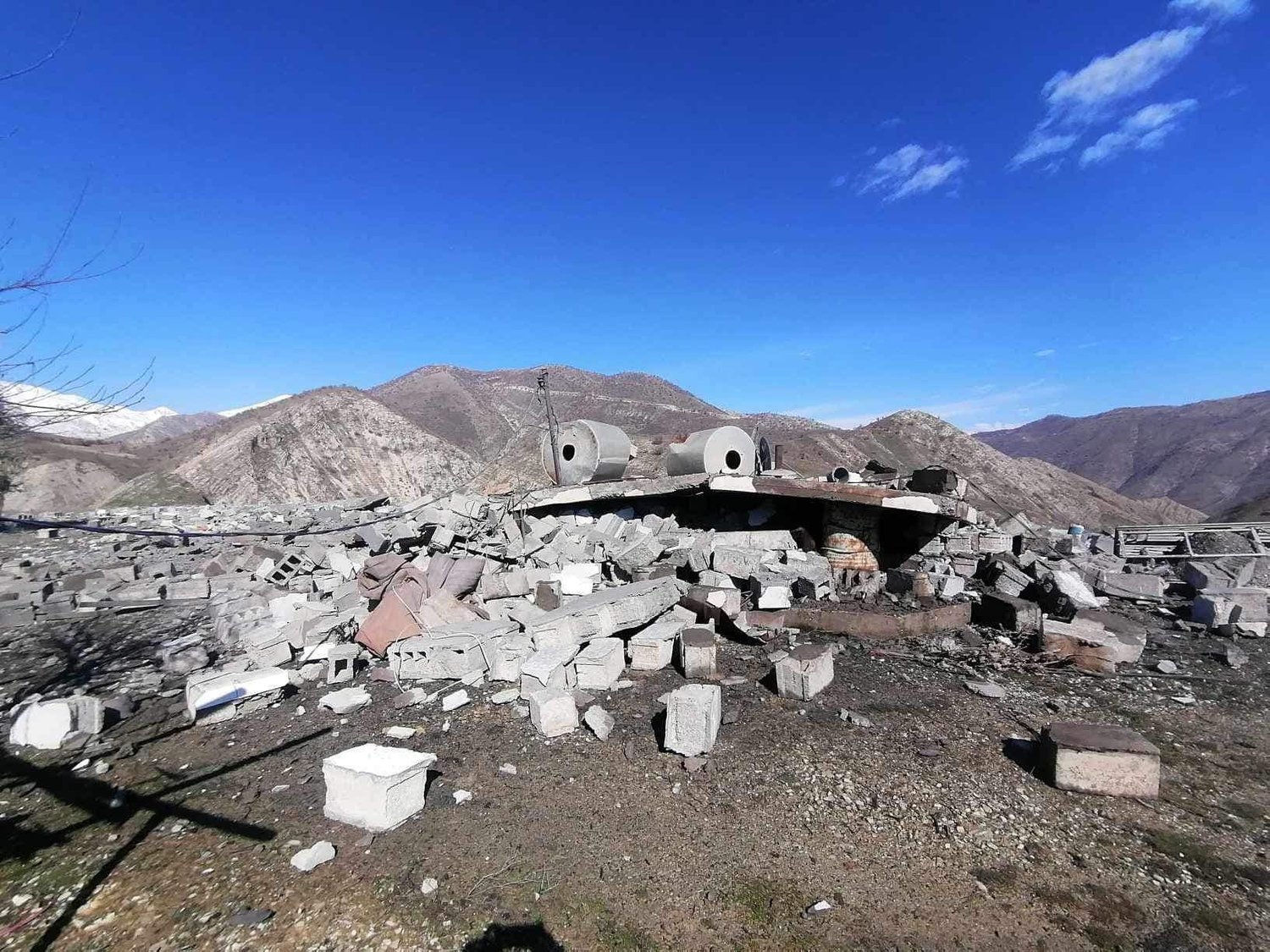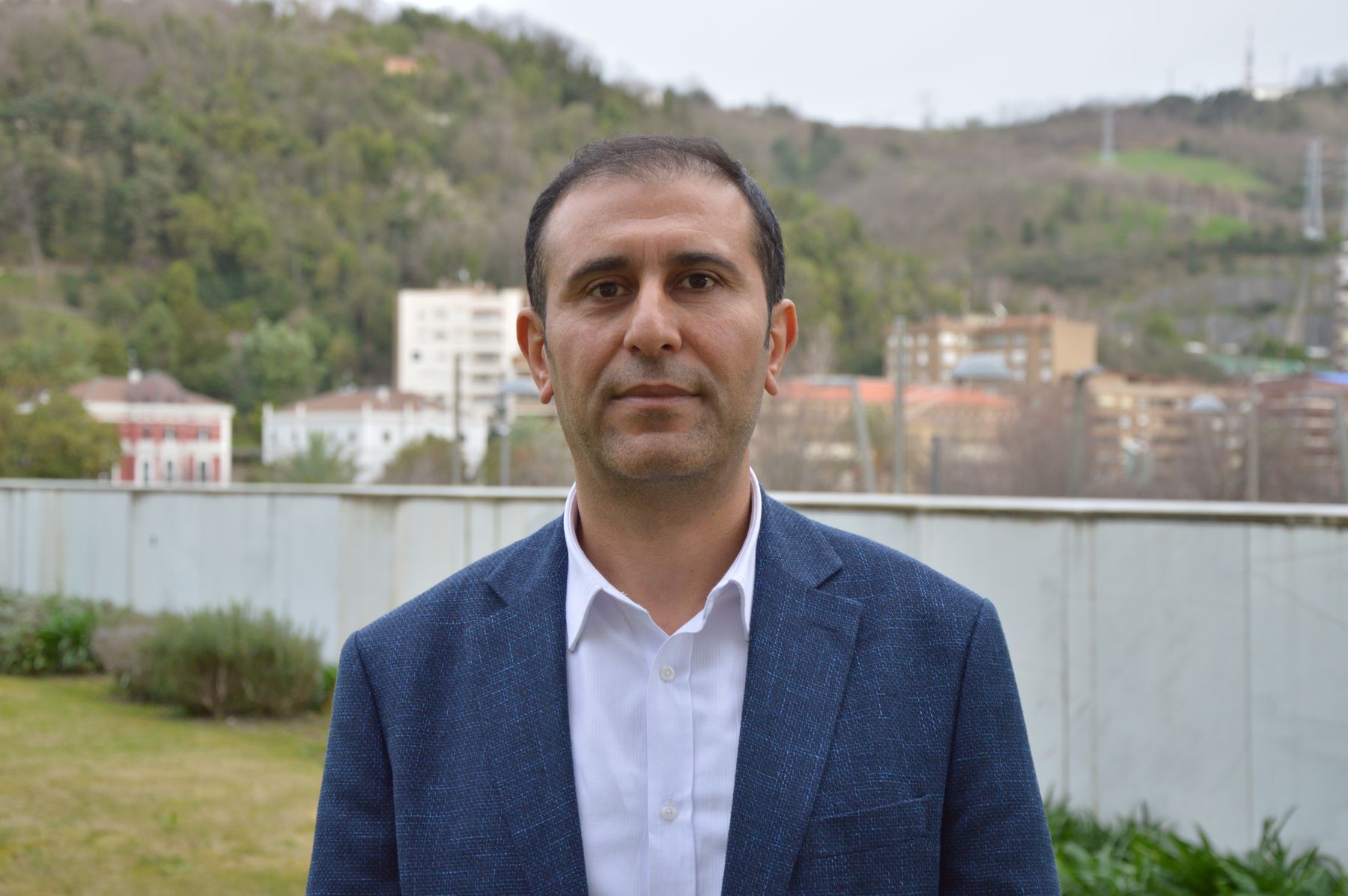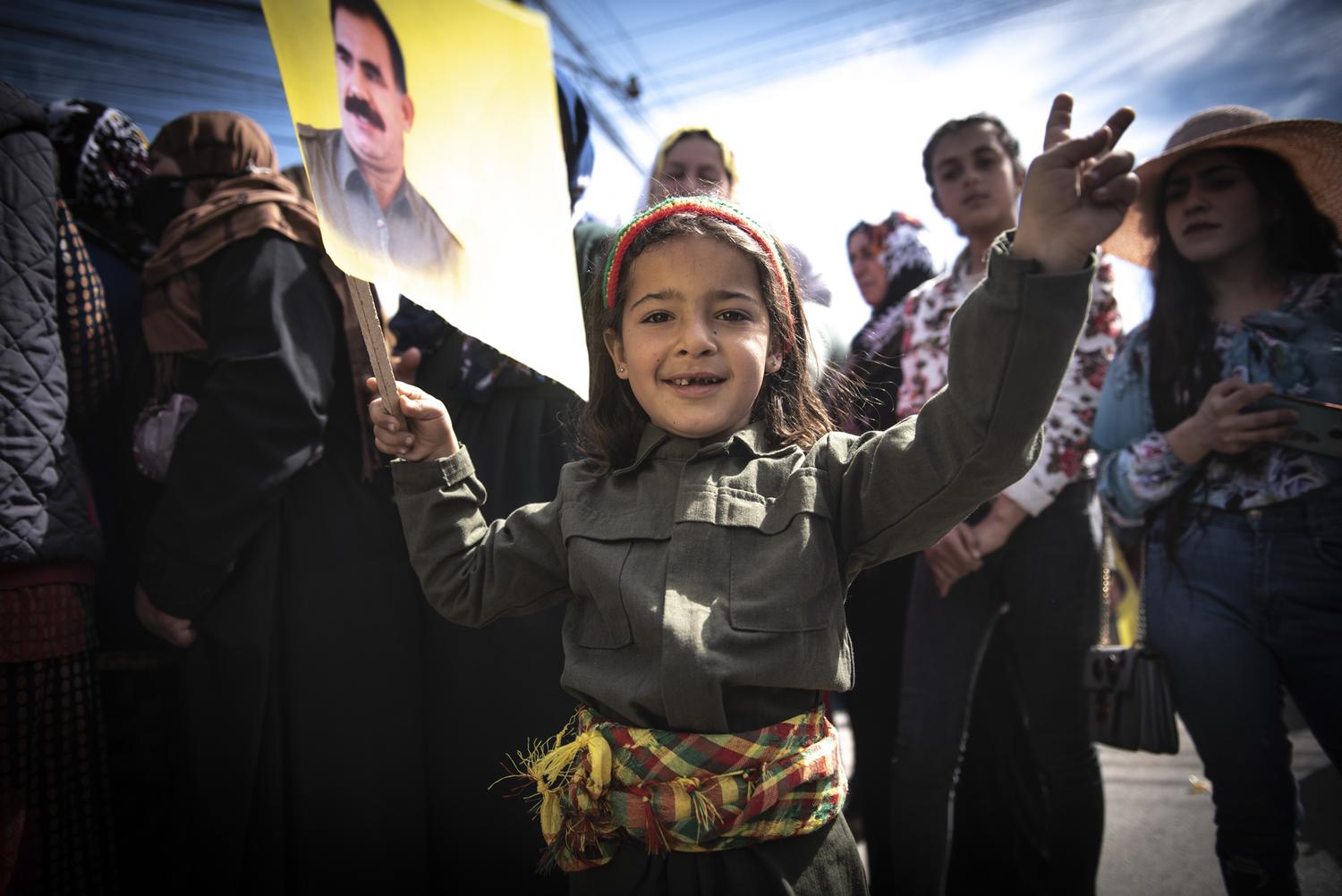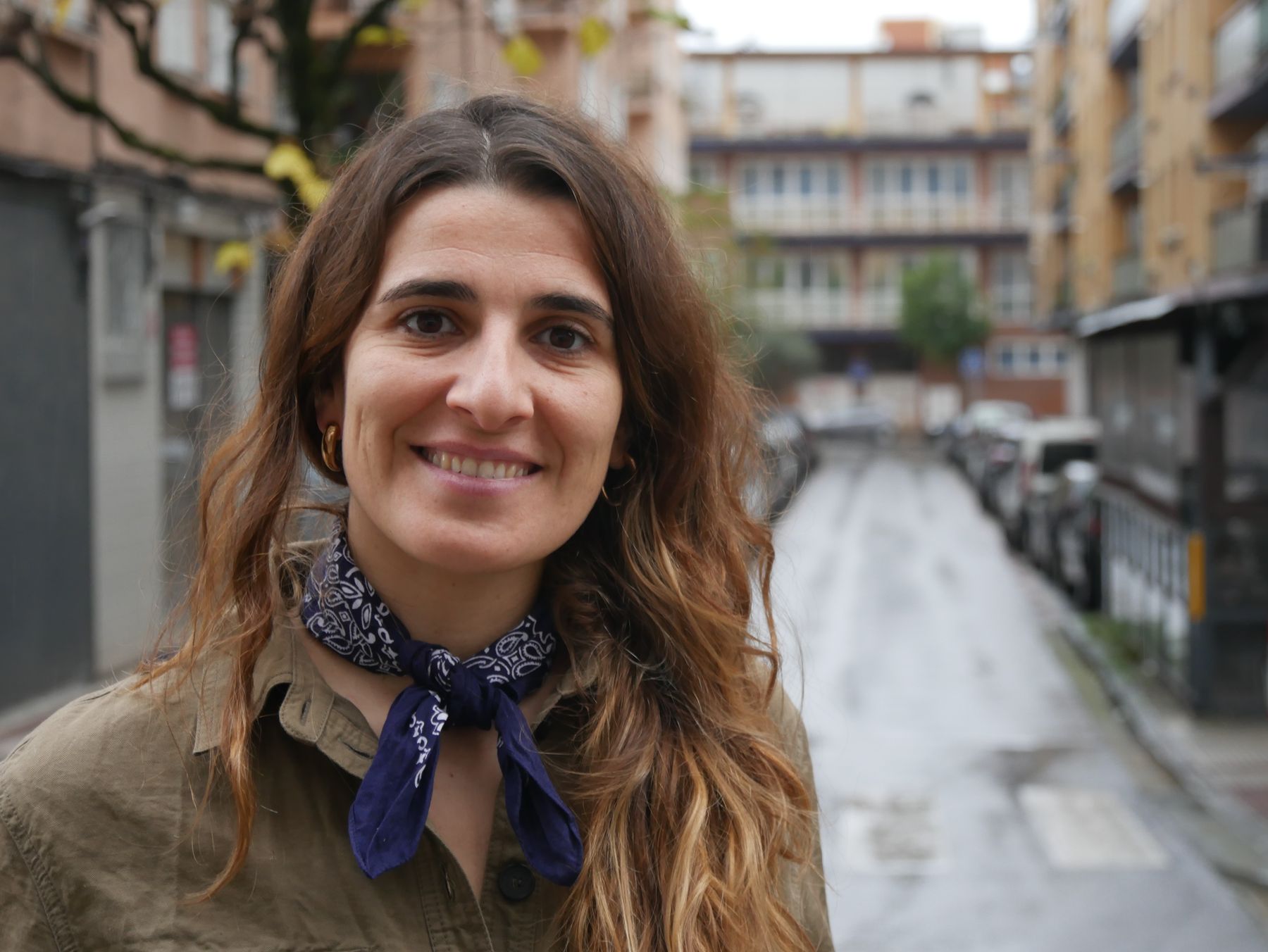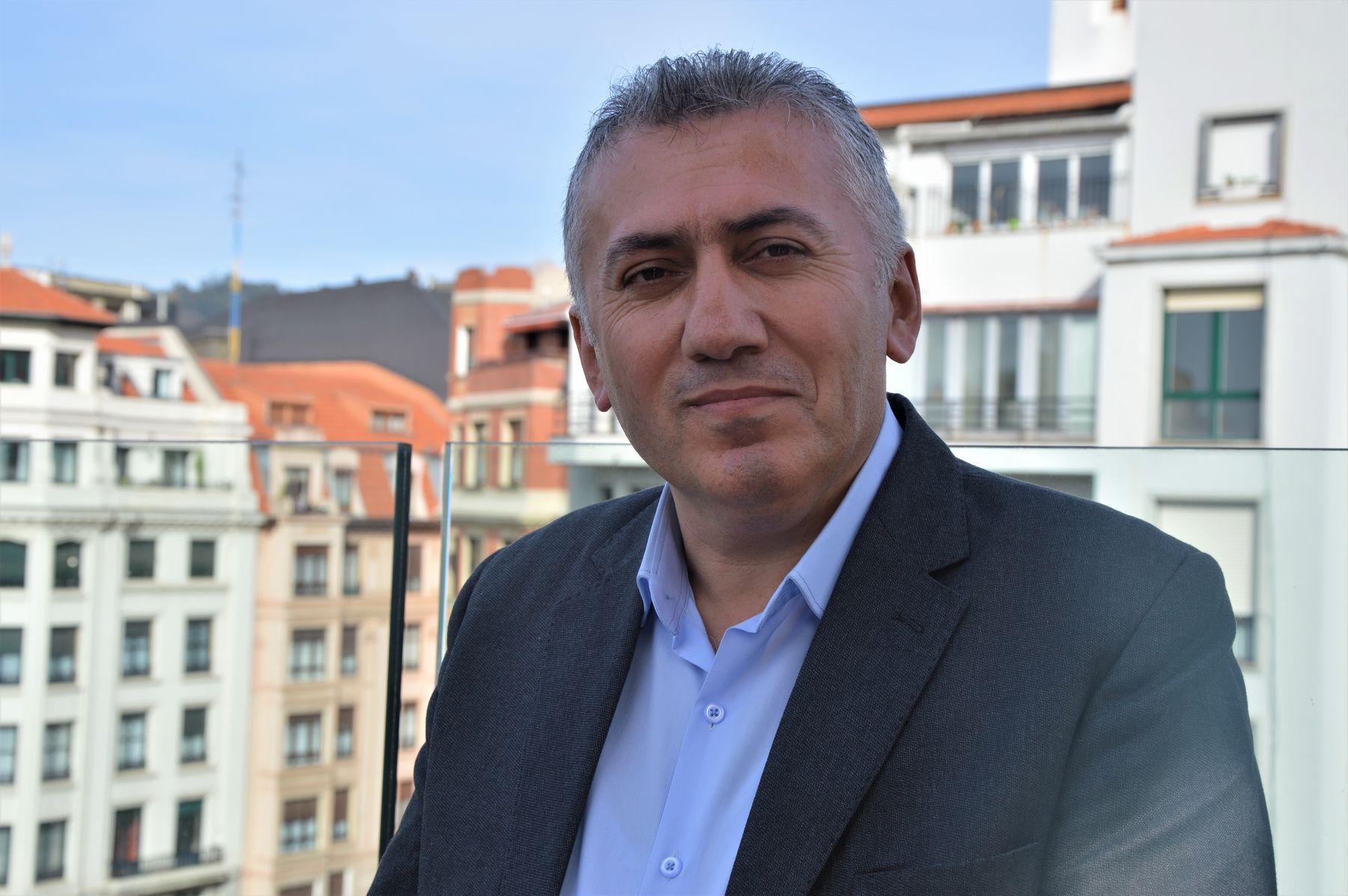Islamization: more minarets to consolidate the reactionary social project
- In the spring of 2018, a Basque delegation travelled to North Kurdistan – Bakur – to learn first-hand about the situation there. Iñaki Etaio was one of the participants and has collected the knowledge of the trip in nine articles. This is the eighth.
Other struggles in the field of education are at stake in Kurdistan. One of them is the language. Although the Kurdish language has been expelled from all public and administrative areas, the pressure against this language was somewhat relieved while the PKK and the government were in talks. In fact, the language was one of the demands that the PKK put on the table. The presence of the Kurd in schools in some cities with a Kurdish majority at that time was very low. The breaking of the talks cancelled this modest progress. In spite of everything, he did not stay in it. Many teachers who had been teaching the Kurdish language had been notified that they would be transferred to schools in other localities. It is estimated that about a thousand teachers were displaced to the west of the Turkish state in 2017. Ceylan tells us about his brother's case, sending him to a city hundreds of miles from the city of Amed where he lived and worked. Abbas also tells us about this situation, which has also been suffered by many of the union’s members. There are cases of teacher couples where each has been sent to a place. Abbas also tells us about the hostility they suffer in the new place of adhesion. In fact, they arrive with the label “terrorist” to cities and towns far from Kurdistan where anti-Kurdish sentiment is strongly fueled. For example, the 14 teachers who had been transferred to a village in the western part of the State had received death threats. The union, through its local sections, tries to help and support these teachers, which is not easy in an environment of violent stigmatization of the Kurd.
The educational system of the Turkish state is also the field of another struggle between secularism and Islamization. Although the secularism of the state was one of the main symbols of the Kemalist project, the ultra-conservative, ultra-nationalist and Islamist flood of the AKP has spread to all areas, including education. Islam has been in the area for centuries and is the main religion of the Turks because of the Kurds. However, since the AKP came to power, Islamization has become a state policy. In fact, a firm and obvious attempt is being made to increase the presence of the Muslim religion in the public. As you pass through any city in Bakur you will notice the large number of mosques, many of them new or in the process of construction, often hardly hundreds of meters away from each other. Even as you pass through the fields, it is curious to see in very small villages large mosques that would not be filled even if all the inhabitants went. The minarets that trace the urban profile and the prayers spread from megaphony at certain specific times of the day have made Islam ubiquitous throughout the state, becoming one of its symbols of identity. This instrumentalization of religion by the state has caused some Muslims to stop going to mosques, as some Muslim Kurdish friends confessed to us.
Turkish helicopters and fighter aircraft cover the sky in the Kurdish area in northern Iraq. The Turkish Air Force has bombed 381 sites in the major military operation in recent weeks in the Kurdistan Autonomous Region (DRC). The Turkish Ministry of Defence has stated that "the... [+]
Urtzi Urrutikoetxea nazioarteko kazetariarekin mintzatu gara Radio Kobanen, iaz idatzitako Kurdistan-Argi bat ekialde hurbilean liburuari buruz. Testuak azken urteetako gertakizunei erreparatzen die, eta atzerago ere begiratzen du herri kurduaren egoera politikoa eta... [+]








